
India’s Offensive Against China Should Be in the Grey Zone
 Fri, 07 Jan 2022
| Reading Time: 6 minutes
Fri, 07 Jan 2022
| Reading Time: 6 minutes

Grey zone is not a fixed concept but a hypothetical place between peace and war. Until now grey zone activities were generally restricted to psychological warfare, subversion of political systems, and covert paramilitary and information operations. China is expanding that envelope. Off late it has aggressively started encroaching upon the land and maritime boundaries of its neighbours using unarmed soldiers, law enforcement and maritime militias. They terrorize the local populace and deny them the use of living and nonliving resources.
China applied the same tactics with India. Even though it has achieved a military build-up in Tibet bordering Indian union territory of Ladakh and the state of Arunachal Pradesh, it kept sending soldiers with rudimentary and unconventional arms to change the status quo. It continues to launch cyberattacks and pokes India with its proxies in the region. It continues to stroke anti-India sentiment in the region and sends its anti-India teams to South Asia with impunity.
India is of course enhancing its conventional capacities and capabilities like never before, but every Indian step looks defensive. It is time to initiate an offensive in the grey zone against China and its cronies in the region. Else, beyond 2025, we are staring at a bleak and scary future.
Where to Begin
There should be two thrust areas, the Indian neighbourhood and the Chinese neighbourhood. India should work on safeguarding South Asia from the Chinese offensive as well as go on the offensive against China in the region. The activities should reach their acme especially during the visits of Chinese officials. India should also make inroads into the countries neighbouring China with similar goals.
The Indian Neighbourhood
China’s Afghan dream has come crashing down, as fast as it had ascended. They had high hopes of exploiting Afghan natural resources, but the good news is that the Taliban has remained as undependable as ever. That is also the silver lining for India in an otherwise gloomy scenario. India needs to keep the region simmering. Building up slowly and steady anti-China sentiment in Afghanistan should be the aim.
India is doing fine in Pakistan and should not rock the boat. India is also on the right track in Bangladesh. Besides a few riots against the Hindu minorities or staged demonstrations against visiting Indian politicians, the situation is generally under control.
Nepal is a country where India needs to step up its activities. Exposing China and creating an anti-China environment should be done on priority. There is a lot of accumulated anger in Nepal against Chinese company Huawei. They have been involved in the hacking of around 200 Nepali websites. They have also stolen the personal data of Nepali citizens. Nepal is also rife with China’s land grab stories – 6 hectares in the Bhagdare river, 4 hectares in Karnali district, 6 hectares in Sanjen river, 10 hectares in Sindhupalchowk district, and 9 hectares in Sankhuwasabha. Following Nepali territories have also been subsumed into Tibet – Jambhu Khola of Rasuwa, areas around Kamukhola, Arun river and Sumjung river. China’s free run of the last 15 years in Nepal has surely slowed down. However, they are still a force to reckon with. India shouldn’t rest until they are completely routed.
Sri Lanka and the Maldives are almost on a similar footing when it comes to China. They sway between India and China to garner benefits from both nations. However, China has been successful in rousing anti-India sentiments in the Maldives. India should have taken that as a challenge and given a befitting reply to China.
In Sri Lanka, the Chinese Ambassador Qi Zenhong freely visited Tamil-dominated Northern Province Jaffna. India should have reminded the local populace of the Chinese complicity in the Tamil genocide in the region. There should have been demonstrations against him and disruptions of his program. Nothing of that sort happened. Similarly, the visit of the Chinese Foreign Minister Wang Yi should have been marred by demonstrations and ‘China Go Back’ slogans, but unfortunately, India remained passive.
Challenging China in its Backyard
India is hosting the presidents of five Central Asian countries Kazakhstan, Kyrgyzstan, Tajikistan, Turkmenistan, and Uzbekistan as chief guests at the Republic Day celebrations on 26 January 2022. Tajikistan, Turkmenistan and Uzbekistan share a land border with Afghanistan, whereas Kazakhstan, Kyrgyzstan, and Tajikistan share a border with China. Therefore both ways, it makes them a very important group.
China has been spreading its tentacles in this region to the dismay of Russia. Demonstrations and rallies against China are common occurrences in big cities like Nur-Sultan, Shymkent and Almaty. This bitterness should be exploited to disrupt the Chinese energy dependence on Kazakhstan.
Kyrgyzstan’s citizens are aware of China’s territory grab in their country. Skirmishes between locals and Chinese mining workers are a regular feature. Exploitative Chinese debt, illegal Chinese workers and Kyrgyz-Chinese marriages are some of the explosive issues which should be exploited.
$8.2 billion Tajikistan economy runs on $3.1 billion external debt (38% of the GDP), almost half of it, Tajikistan owes to China. It has ceded mining rights and 0.7% (1158 square kilometres) of its land to China. Growing trade imbalance, presence of Chinese military on Tajik soil and exploitation of the economy by 350 Chinese companies are testing the patience of the local populace. These sentiments should be turned into a major uprising against China.
Russia-China bonhomie should not be taken at its face value. There are a lot of undercurrents between the two nations. The Russian Federal Security Service is increasingly more vocal about Chinese spying and stealing. The conviction of Alexei Vorobev, associate professor of the rocket engines department of the Moscow Aviation Institute (MAI) on charges of passing secrets to China was a strong public statement. If India in some way help Russia reduce its financial dependence on China, that would go a long way in restraining the Dragon.
Citizens of Laos, Myanmar, and Mongolia also have huge resentment against the exploitative nature of the Chinese companies. These countries are in the bed with China because of corrupt leaders.
China is seen as an aggressor in Vietnam since 1979. The Chinese hegemony in the South China Sea (the Spratly Islands and Paracel Islands), and sinking of Vietnamese fishing vessels is more than enough to stir up passions. Soon after the outbreak of COVID, many companies shifted their base from China to Vietnam. This has not gone down well with China. So China doesn’t lose any opportunity to disrupt the Vietnamese supply chain. Such information should be given wide coverage in Vietnam at regular intervals.
Maritime neighbours like Brunei, Indonesia, Japan, Malaysia, the Philippines, and South Korea, have huge territorial disputes with China in the South China Sea and the East China Sea. Taiwan’s existence itself is a dispute. These countries are eager to help out any responsible nation taking on China.
How Do We Achieve It
Grey zone activities involve consciously seeking political objectives through meticulously planned operations. These activities do not demand quick results therefore moving cautiously and patiently towards goals is the only way forward. The main purpose of grey zone activities is to keep the warfare non-kinetic, keeping it below the threshold level of war (kinetic). The grey zone techniques frustrate and confuse the enemy but they still do not have enough reasons to go in for a war. When India adopts the grey zone techniques it should do it with the full might of the national power, devoid of all bureaucratic stings.
China is an export-oriented nation. The Chinese leader Xi Jinping may go hoarse shouting ‘dual circulation’, denial-of-service attacks, would cripple the Chinese economy. Fishing boats with armour hull running into and crippling Chinese merchant vessels can also cast a shadow over the Chinese business empire.
India also needs to understand that China has already isolated its citizens from the world. The Chinese students, tourists, businessmen and bureaucrats are the only ones available for their regular propaganda. Therefore, disinformation campaigns inside China would need innovative approaches. To implement these techniques India would need a hybrid warfare toolkit. Some recommendations:
- India should identify and initiate grey zone activities rather than reacting to it
- Create a national grey zone policy and Standard Operating Procedures (SOP)
- SOP should recommend a moderate grey zone stance at all times
- Spell out under what circumstances to shift from moderate to aggressive stance
- Indicate when the enemy has crossed a red line and shifting to kinetic warfare is desirable
- Specify how kinetic and non-kinetic strategies would coexist in a conflict
- Attempt and lead through multilateral processes and institutions
- Be ready for a “go-it-alone” strategy
- Use every method to subdue paid Chinese propagandists in the Western Hemisphere
- Plan now for phase 2: India should challenge the Chinese bases and business interests in Africa and the Middle East
Remember that China is already doing what I am trying to advocate here. So, if India doesn’t get better at proactively, ruthlessly, and unabashedly engaging and shaping the grey zone, it would be left behind.
India should also be ready for a counter-attack by China, where it will try to push the envelope. India has already seen that during the Galwan Valley standoff. For normal citizens it was shocking, but for China watchers, it was played by the book.
“Firm military stance is the best reply to those nations who provoke you. A befitting asymmetric reply is like icing on the cake.” ~ Insightful Geopolitics
***********************
Disclaimer
The opinions expressed in this article are the author’s own and do not reflect the views of Chanakya Forum. All information provided in this article including timeliness, completeness, accuracy, suitability or validity of information referenced therein, is the sole responsibility of the author. www.chanakyaforum.com does not assume any responsibility for the same.
Chanakya Forum is now on . Click here to join our channel (@ChanakyaForum) and stay updated with the latest headlines and articles.
Important
We work round the clock to bring you the finest articles and updates from around the world. There is a team that works tirelessly to ensure that you have a seamless reading experience. But all this costs money. Please support us so that we keep doing what we do best. Happy Reading
Support Us





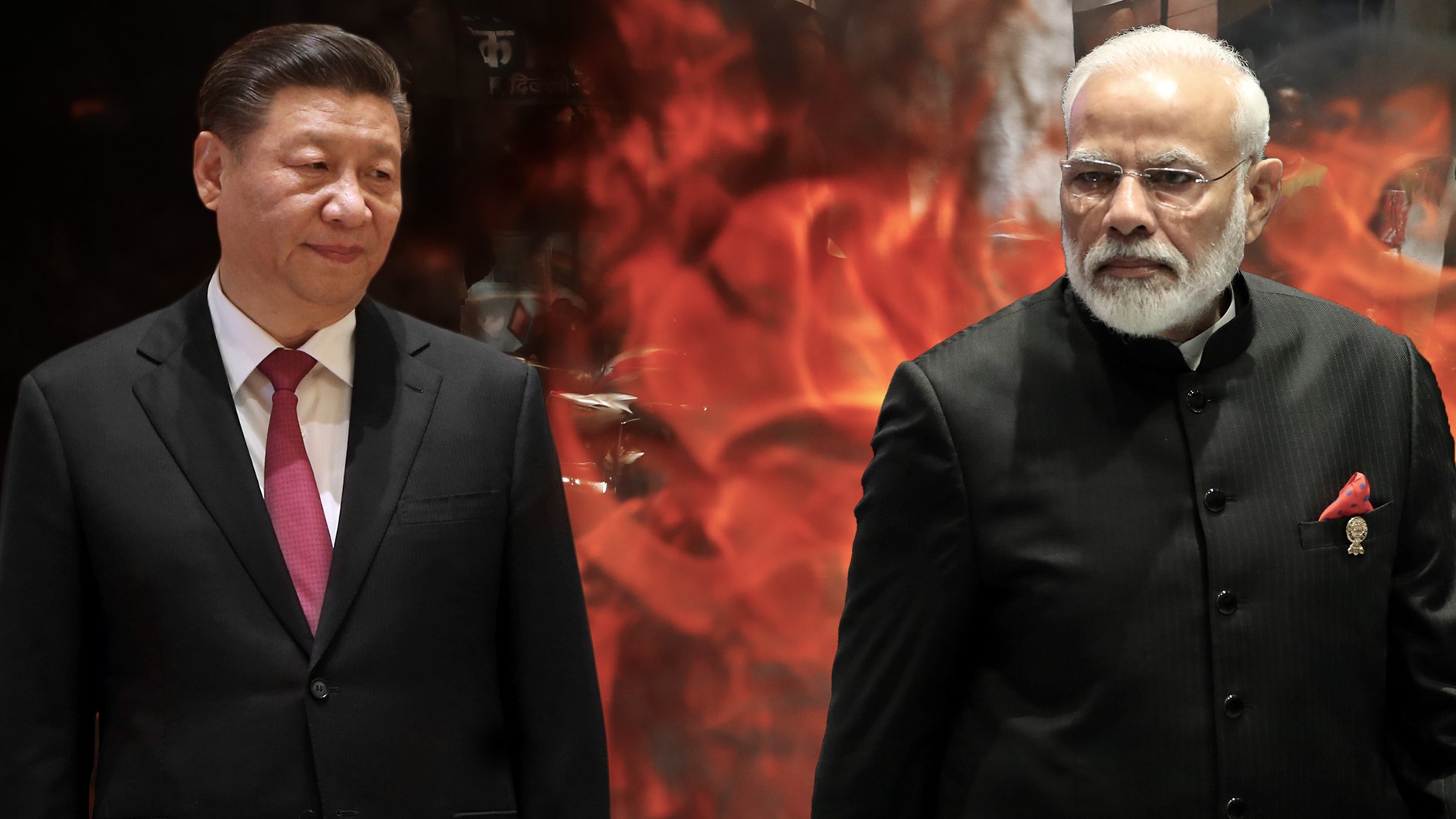
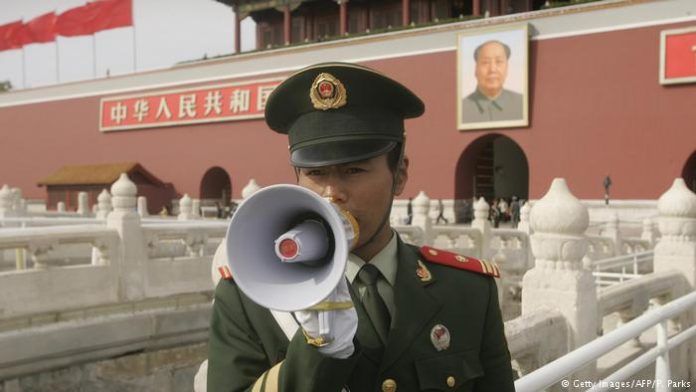
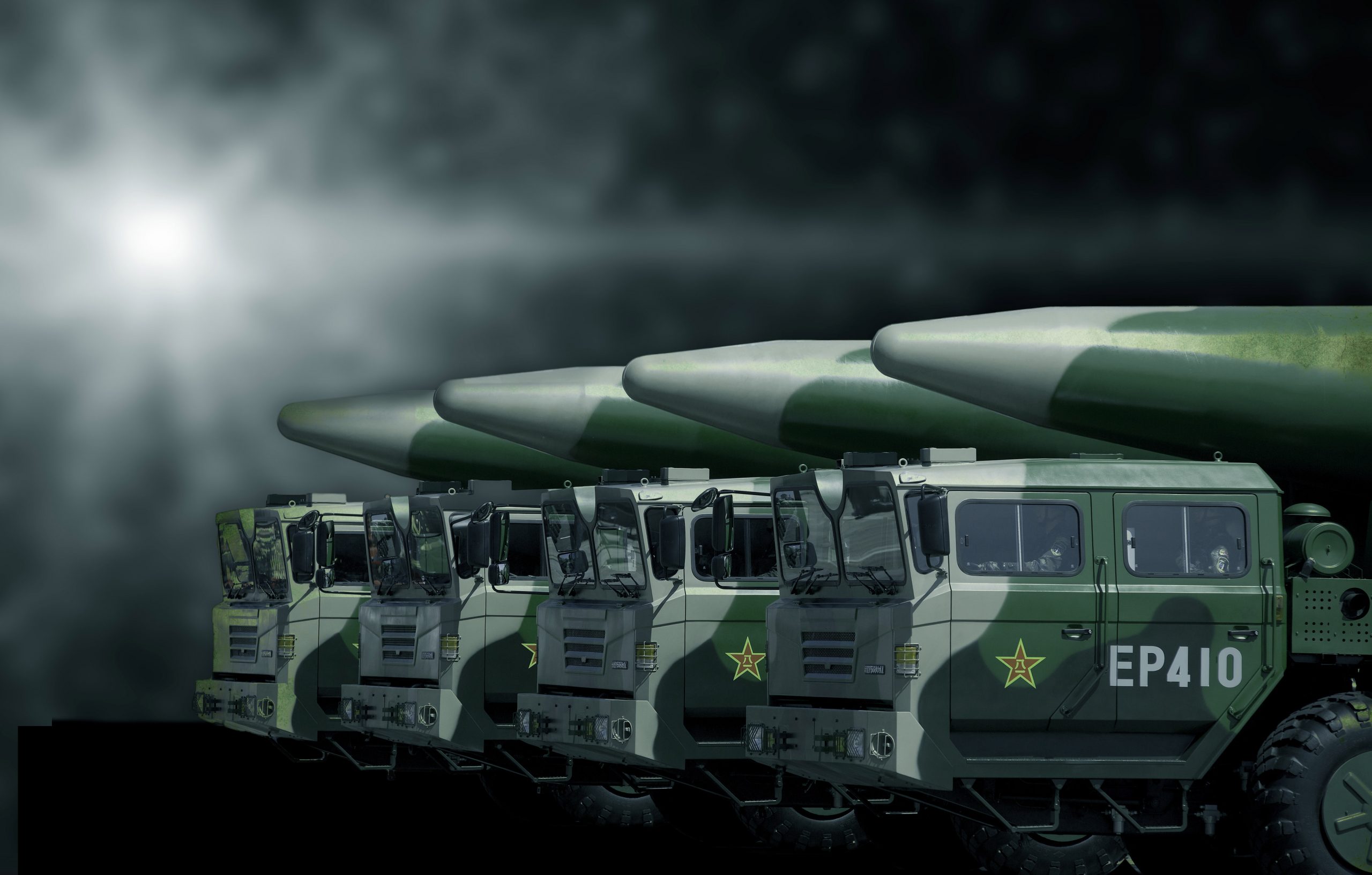
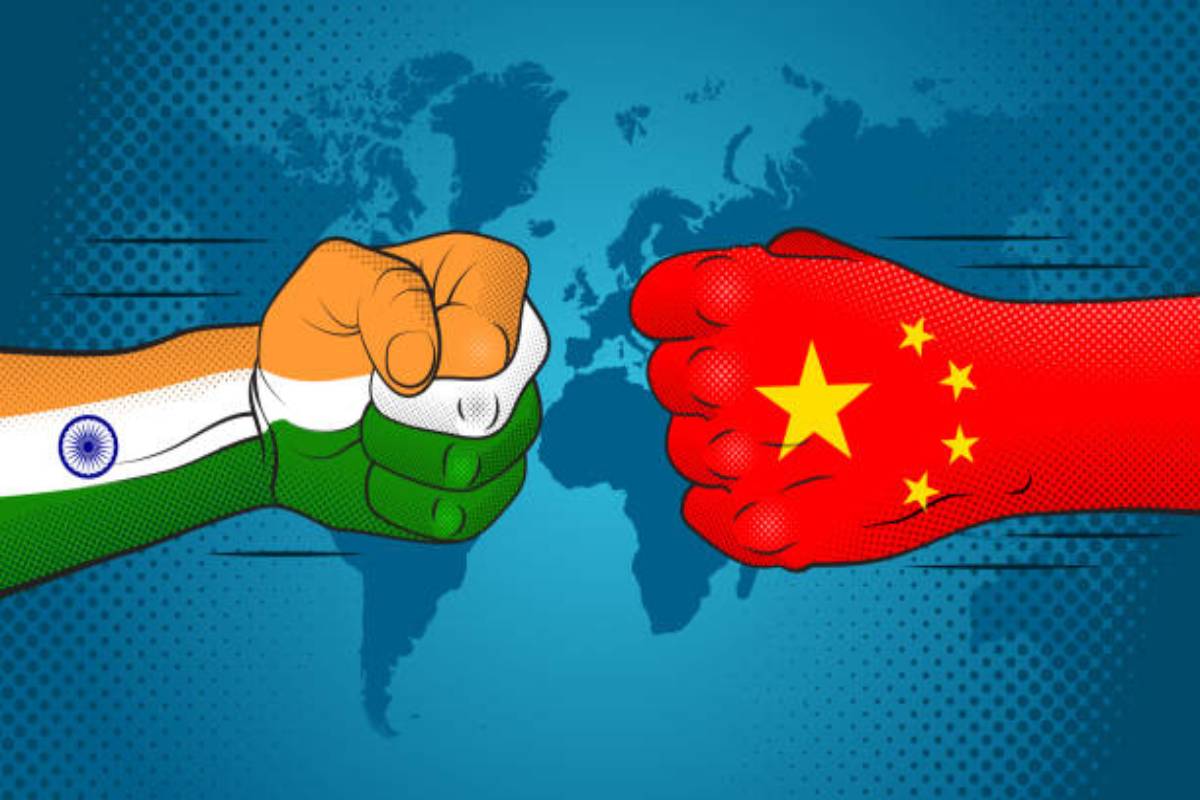
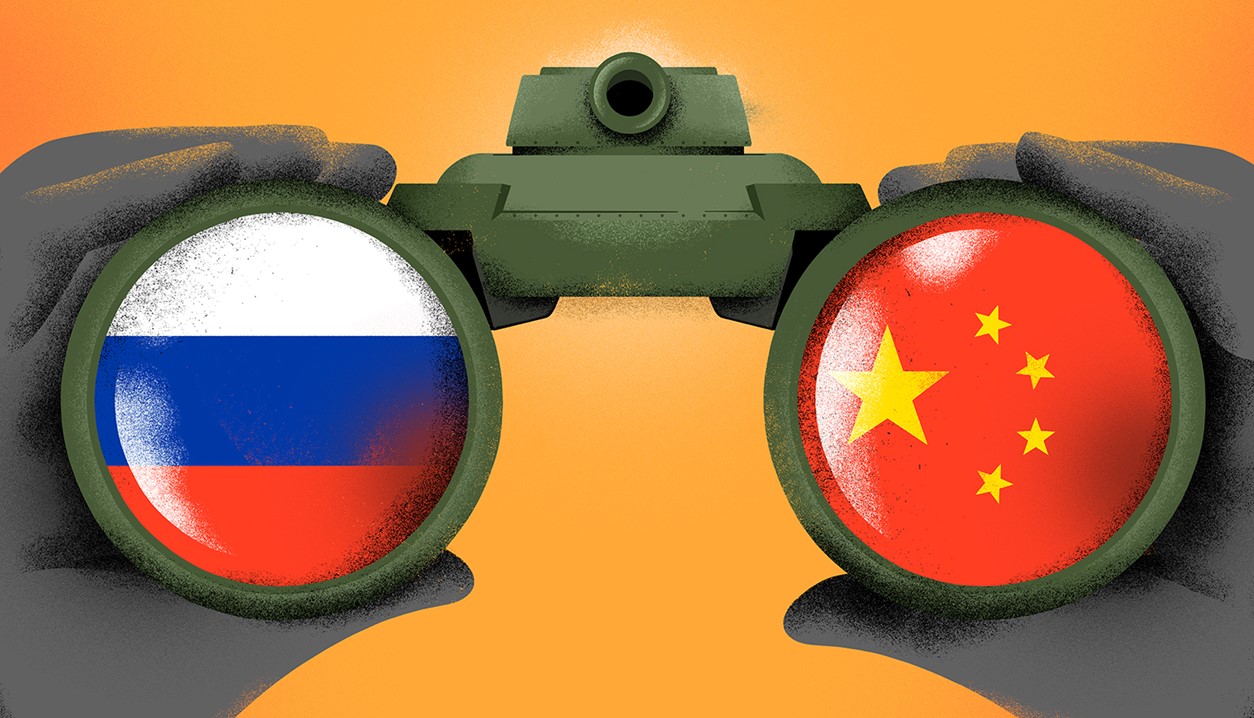
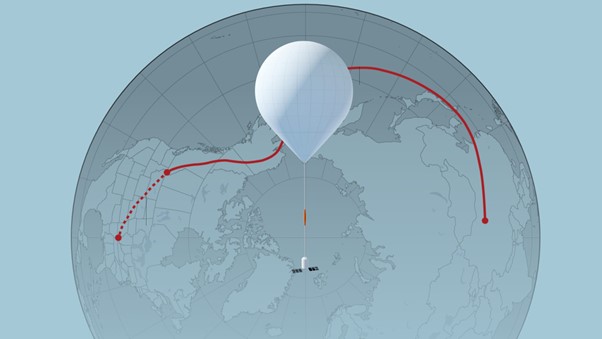
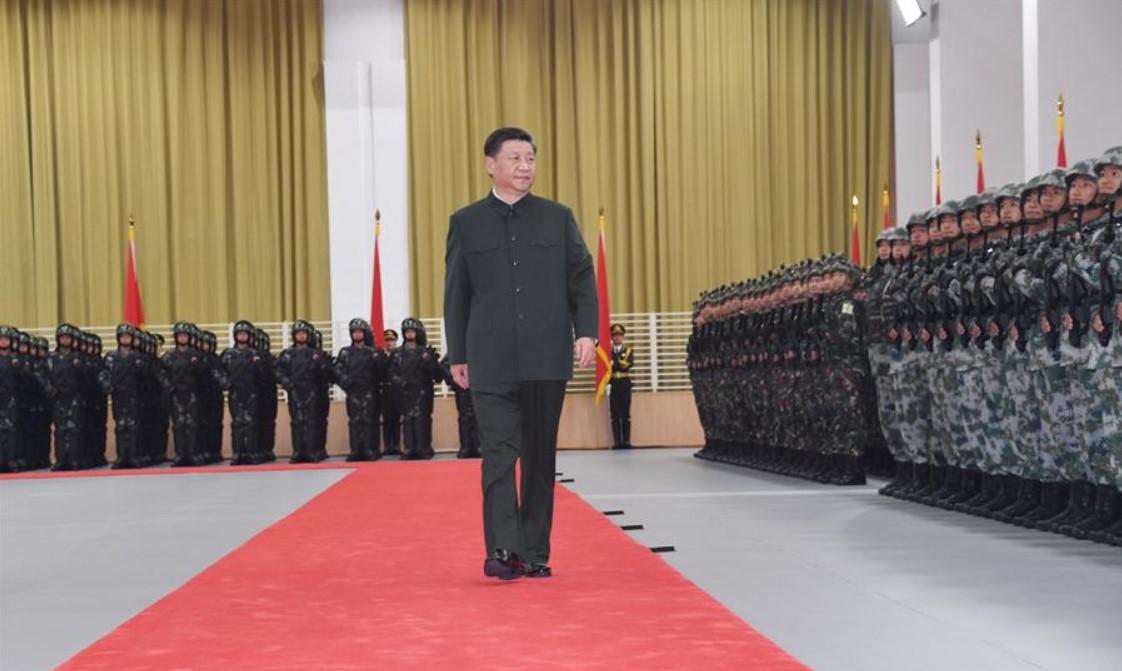


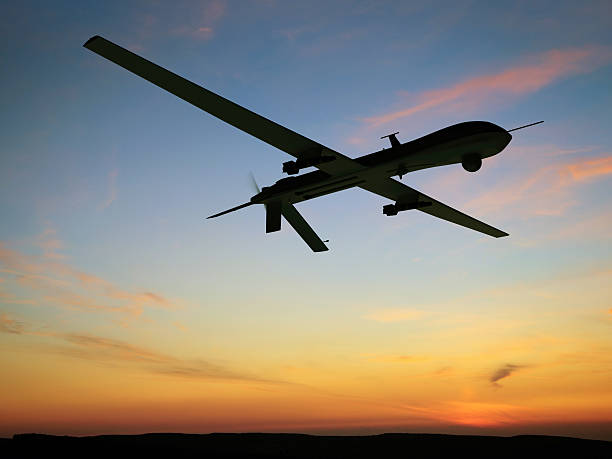






POST COMMENTS (27)
Homepage
elizabeth dunn
YOGESH PAI
Commodore Manoj Agarwal, Retd
Surendra Mohanty
Rudra N Rebbapragada
ASHOK IYER
Raman Gupta
Keith Kenny
Rakesh p
Sudarshana n kasabe
Mariyam Kazi
Sukhjit singh
SHAMIT BISWAS
Wendell Bruges
Nandu
Seema Sharma
Narendar
Levina
Cdr Deepak Singh
Raghavan
Ashish Popli
Deepak Adhar
KS Uppal
Capt Saikumar
Deovrat Pagay
GP Singh